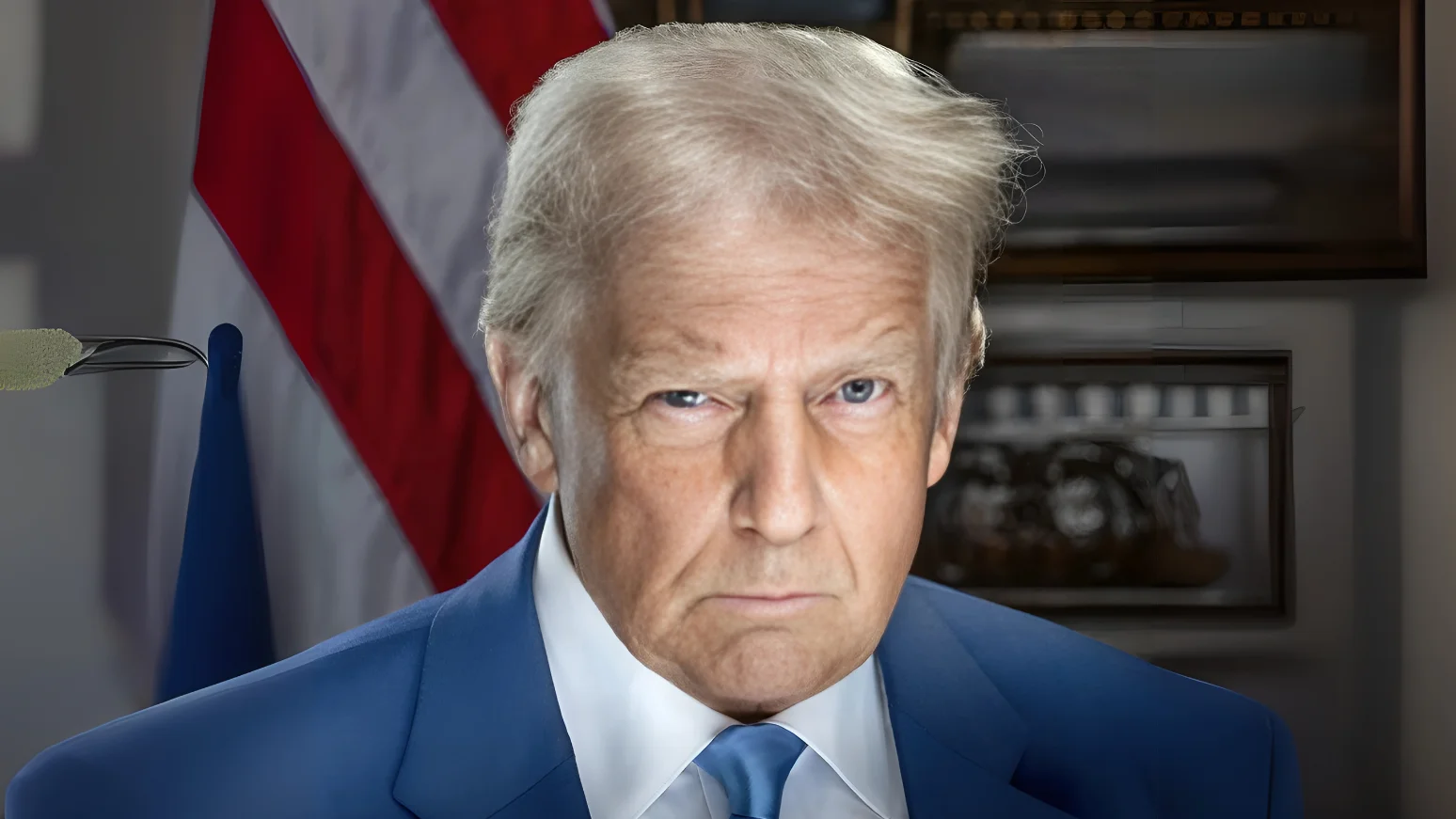The White House has announced an extension of the suspension of heightened reciprocal tariffs on imports from the People’s Republic of China (PRC) until November 10, 2026. This decision follows a recent agreement between the United States and China, known as the Kuala Lumpur Joint Arrangement, reached after President Joe Biden met with Chinese President Xi Jinping in South Korea on October 30, 2025.
According to the order signed by President Donald J. Trump, “the PRC has committed to, among other things, postpone and effectively eliminate the PRC’s current and proposed coercive global export controls on rare earth elements and other critical minerals, and address Chinese retaliation against United States semiconductor manufacturers and other major companies in the semiconductor supply chain.” The agreement also includes commitments from China to purchase U.S. agricultural exports such as soybeans, sorghum, and logs. Additionally, China will suspend or remove many retaliatory actions against U.S. goods until December 31, 2026.
In return, the United States will maintain its suspension of increased tariffs on Chinese imports through late 2026. The arrangement is expected to address concerns over non-reciprocal trade practices and national security issues related to trade deficits.
President Trump stated that “the Arrangement will help remedy non‑reciprocal trade arrangements and address the United States’ economic and national security concerns. The Arrangement will reduce the United States’ trade deficit, boost the economy of the United States, and address the consequences of the United States’ trade deficit by, among other things, ensuring that the United States has access to materials vital to national defense, the energy sector, and other aspects of the United States’ economy and national security; strengthening the agricultural infrastructure of the United States; and strengthening the manufacturing and defense industrial base of the United States.”
The order instructs relevant federal agencies—including Treasury, Commerce, Homeland Security, and U.S. Trade Representative—to monitor implementation of China’s commitments under this arrangement. Should China fail to meet its obligations under this deal, further action may be taken by executive order.
All executive departments are directed to take necessary measures within their authority to implement this policy change.





